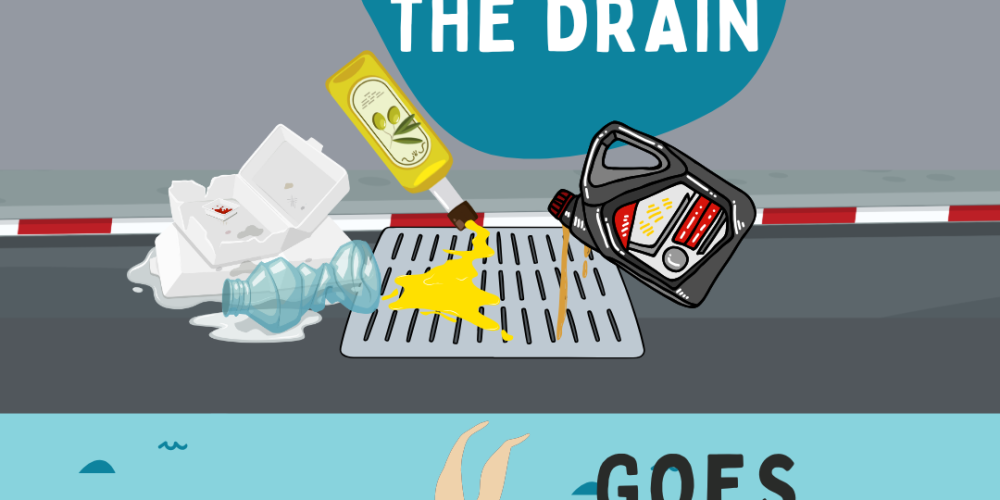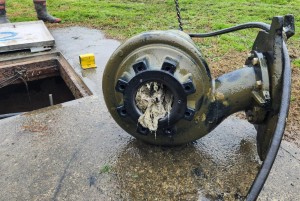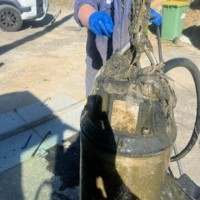
Help Keep Our Wastewater System Running Smoothly
Our wastewater system is designed to handle only sewage and toilet paper. When other items like wipes, tampons, floss, or cooking fats enter the system, they can cause severe blockages, leading to costly repairs, environmental damage, and wastewater overflows.
What to Flush:
✅ Toilet paper (breaks down easily in water)
What Not to Flush:
❌ Wipes (including 'flushable' wipes, wet wipes, baby wipes, and makeup wipes)
❌ Paper towels (these are durable and don't break down in the system)
❌ Sanitary items (tampons, pads, etc.)
What to Avoid Pouring Down the Sink:
❌ Cooking fats and oils (these combine with other waste to form fatbergs, which block pipes)
Why It Matters:
-
Cost of clearing blockages: Around $1,000 per incident
-
Cost of rewinding a burnt-out pump motor: Approximately $15,000
-
Cost of replacing a damaged pump: Over $30,000 each
Below are two pumps we had to replace last year with an combine cost of over $62,000!


Blockages caused by improper disposal can lead to untreated wastewater overflowing into the environment, posing a significant risk to public health and local waterways. These issues also result in unnecessary costs for ratepayers.
Tips for Proper Disposal:
- Follow the "3 P's": Only flush poo, pee, and (toilet) paper.
- Dispose of fats and oils responsibly: Let them cool and place them in the trash or a designated waste container.
- Use a strainer: Catch food scraps in your sink to prevent them from entering the drain.
Protect Our Waterways:
By keeping inappropriate items out of the wastewater system, you help:
-
Prevent costly repairs and environmental damage
-
Keep our beaches and waterways clean
-
Ensure the system runs efficiently for everyone
More News

Ōtorohanga Library’s New Year’s Resolution: A Fresh New Look for 2026 🎨
AN ODE TO MASSEY FERGUSON - OUR YOUNG POET TAKES CENTRE STAGE

WE HEARD YOU | WHAT YOU TOLD US & WHAT WE’RE DOING

HOLIDAY HOURS AND SERVICES

REGULATORY CHRISTMAS CLOSURE DATES 2025 - 2026
